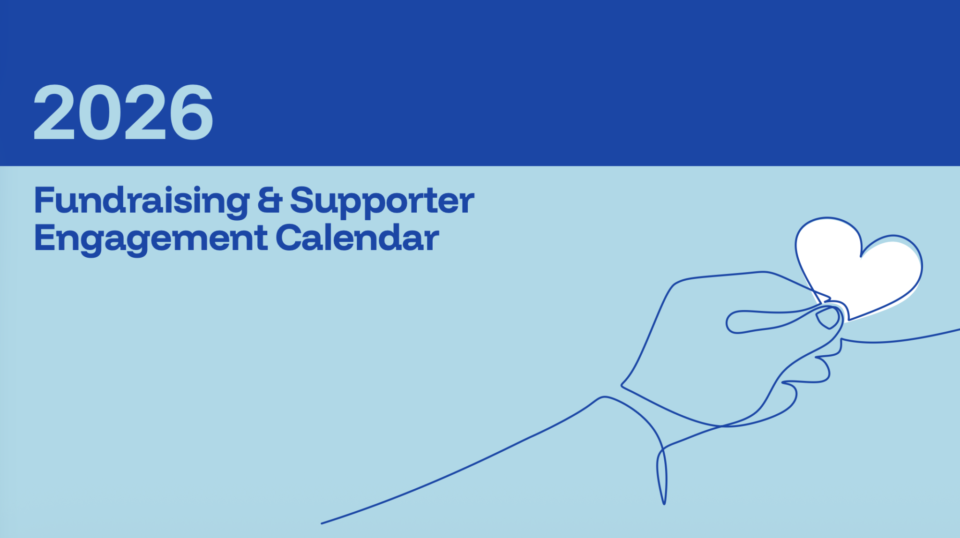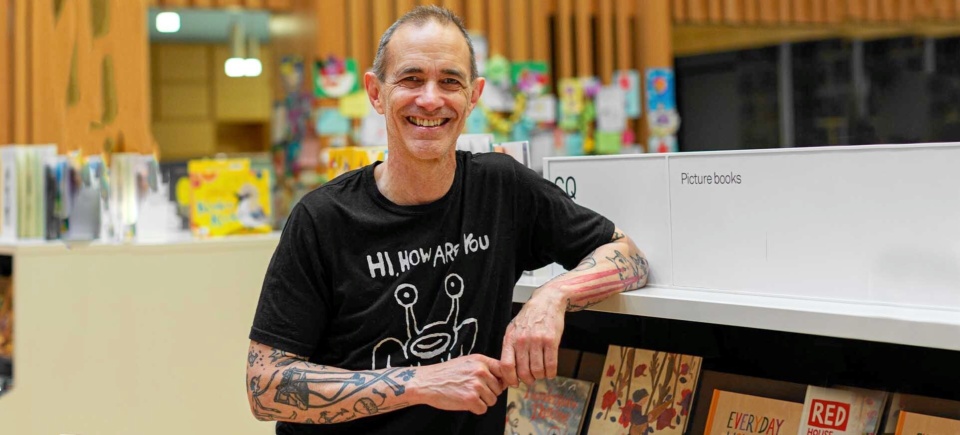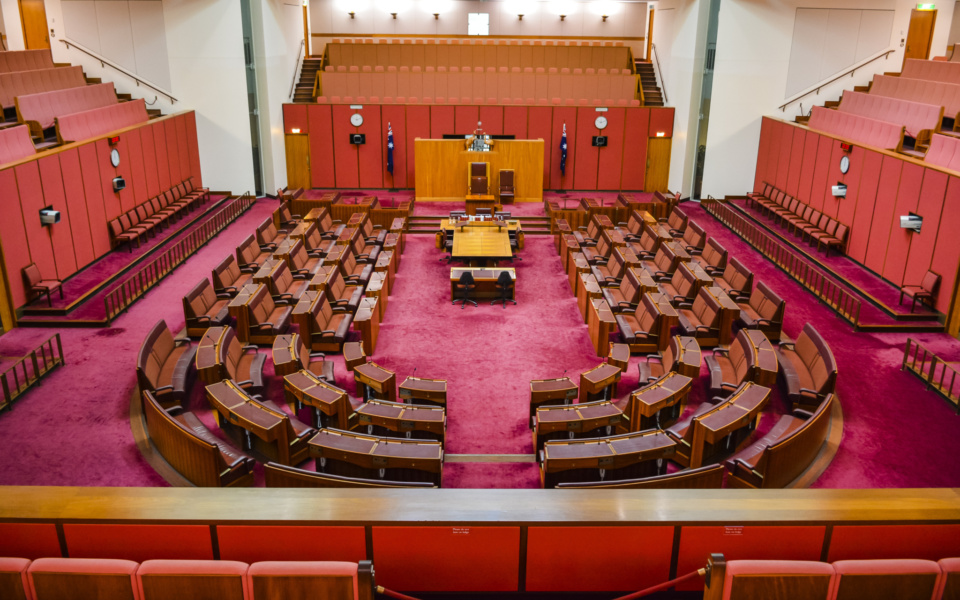
Why Australia’s community organisations need a new governance model
Posted on 25 Feb 2026
Australia’s community organisations are quietly holding society together. From local sporting clubs…
Posted on 01 Oct 2024
By Greg Thom, journalist, Institute of Community Directors Australia

Maintaining public trust is a crucial element in the ability of charities and not-for-profits to fulfil their purpose.
A handful of recent court cases have highlighted the importance of good governance and moral accountability in maintaining this reputational fabric.
Instances of charity fraud to hit the headlines last week included:
A jury found South Australian MP Troy Bell guilty of stealing more than $436,000 from educational NFP the Independent Learning Centre.
The verdict followed a three-month trial in which the independent Member for Mt Gambier had pleaded not guilty to 20 counts of theft and six counts of dishonestly dealing with documents, allegedly committed between 2009 and 2013.
As outlined in media reports, evidence was presented during the trial that Bell abused his position as an Education Department employee to steal vast amounts of cash intended to help vulnerable high school students.
It was instead used to fund property investments and pay debts.
The trusting nature of those who work for charities and NFPs emerged during the trial as a key factor that enabled Bell to conduct the fraud.
In its reporting of the case, Australian Associated Press said prosecutor Jemma Litser told the court there was no doubt that Bell was a man who was well liked by most people.
Evidence presented during the trial indicated that his personality and the way he interacted with people engendered trust and goodwill towards him.
“It’s the prosecution's case that he [Bell] abused that trust and goodwill,” Ms Litser said.
“That’s one of the reasons why this fraud went unnoticed for so long.
“It’s just human nature. I suggest people are less likely to challenge or scrutinize the conduct of someone who they like or someone who they admire.”
Bell is due to be sentenced at a later date.

“Those who abuse the trust of their communities undermine our whole sector and deserve to face the consequences of their actions.”
The Australian Charities and Not-for-profits Commission (ACNC) said it could not speak publicly about the circumstances of any charity, apart from referring to information already published on the Charity Register.
This includes whether or not a concern about a charity has been raised with the ACNC, or whether the ACNC is investigating a concern or allegations made about a charity.
The regulator did confirm, however, that fraud and fraud-related issues are among the biggest areas of concern for charities.
“Fraud can, of course, vary in nature. It can involve the theft of funds, goods or assets, or encompass issues such as overpayment of wages or attempts to claim excessive or unauthorised expenses,” the spokesperson said.
“Fraud can be committed by any staff member, any volunteer or any other person with some level of responsibility.”
The ACNC said fraud did not necessarily need to involve large sums of money, but that even misconduct involving small amounts could still cause significant harm, particularly for smaller charities with limited resources.
“Charities need to be aware of what is required of them and their Responsible People under Governance Standard 5: Duties of Responsible People, and be aware of the problems of private benefit,” the spokesperson said.
“Our guidance advises people responsible for running charities, such as board members, to ensure their charity complies with the ACNC’s Governance Standards, and that they must ‘act honestly and fairly and in the best interests of the charity and for its charitable purposes’”.
In a separate case, Angela Stathopoulos, 49 pleaded guilty in the Melbourne Magistrates’ Court to stealing more than $459,000 from a charity that feeds the homeless and supports needy children.
The offences against Prahran Community Learning Centre (PCLC) occurred between May 2011 and March 2022 while Stathopoulos was principal executive officer at the organisation.
The court was told Stathopoulos used the charity’s money to bankroll 10 overseas holidays, purchase concert tickets and a range of personal expenses including jewellery, dance lessons, designer clothes and accessories.
During the period of offending Stathopoulos rubbed salt into the wounds by taking part in media opportunities that supported other charities, such as the Feed Melbourne Appeal.
The Herald Sun reported that Stathopoulos’ offending came to light only after several new board members joined the charity in 2020 and made efforts to tighten the organisations financial reporting and risk management.
The court was told the repercussions for the centre went beyond fraud, with funding from the federal Education Department and local council put at risk and distress caused to students and families by the need to transfer to other education centres.
Stathopoulos was bailed to appear at the County Court at a later date for sentencing.
The Australian cases were in court as the UK charity regulator announced it had banned former supermodel Naomi Campbell from running a charity for five years because of alleged misconduct.
Campbell was accused of using donations to her Fashion for Relief charity on spa treatments and room service at a five-star hotel, in the south of France.
Established in 2005, Fashion for Relief described itself as "dedicated to improving the lives of those living in adversity by uniting the fashion industry as a force for good."
The Australian reported that Campbell's charity held a string of star-studded events in London and Cannes to raise funds for projects ranging from supporting child refugees, to helping victims of the ebola crisis and the 2011 Japanese earthquake and tsunami.
An investigation by the UK charity watchdog, however, found that between April 2016 and July 2022, only 8.5 percent of Fashion for Relief's overall expenditure went on grants to charities.
"The commission concluded that there had been serious misconduct and/or mismanagement in the administration of the charity by the trustees since it was established," its report said.
Campbell, who has denied any responsibility for mishandling donations, was disqualified from running a charity for five years. Two other trustees also received bans.
Fashion for Relief was dissolved and removed from the register of charities earlier this year.
Financial misconduct involving charities and NFPs is nothing new.
The BDO UK Charity Fraud Report 2023 found that 50% of detected frauds were perpetrated by staff members, volunteers, or trustees.
“Charities… recognised a more significant internal impact of fraud than in prior years, reporting a loss of staff or volunteer morale as the most common non-financial impact of fraud,” the report said.
“This is a worrying finding when the very existence of a charity depends heavily on the commitment of its staff and volunteers.”
Community Council for Australia
CEO David Crosbie said the Australian charity and NFP sector employed more than 1.4 million people and was supported by more than three million volunteers.
“Out of these millions of Australians, there are very few people who abuse the trust of the communities we serve,” he said.
“Charities and not-for-profits should be proud that the vast majority of people in our sector are working to benefit their communities, not solely to obtain personal benefits, and certainly not to obtain personal benefits by engaging in misleading and deceptive conduct.
“Those who abuse the trust of their communities undermine our whole sector and deserve to face the consequences of their actions.”

Posted on 25 Feb 2026
Australia’s community organisations are quietly holding society together. From local sporting clubs…

Posted on 25 Feb 2026
Writing communications for donors, stakeholders, regulators and the public can be a relentless task…

Posted on 25 Feb 2026
A Victorian suburb's hot debate about whether trains should live underground or in the sky ended…

Posted on 25 Feb 2026
Three years after the federal government announced that national fundraising principles would be…

Posted on 25 Feb 2026
Author Andy Griffiths has spent 30 years bringing “punk rock” to children’s books, making kids…

Posted on 25 Feb 2026
Senator Dean Smith is back as shadow minister for charities, and he’s told the Community Advocate…

Posted on 18 Feb 2026
Around 50 per cent of all funding for charities in Australia comes from government. The nature of…

Posted on 18 Feb 2026
You wouldn’t try to fix a complex system with one tool. You’d widen the toolkit, improve the…

Posted on 18 Feb 2026
Australia’s champion laundry van charity, Orange Sky, has announced it is ready to expand into…

Posted on 18 Feb 2026
To have any hope of hitting the grand plan of doubling philanthropy by 2030, Australia needs one…

Posted on 18 Feb 2026
When Nyiyaparli woman Jahna Cedar travels to New York next month as part of the Australian…

Posted on 17 Feb 2026
This is the full academic version of Dr Oksana King's thoughts on the need to better compensate and…